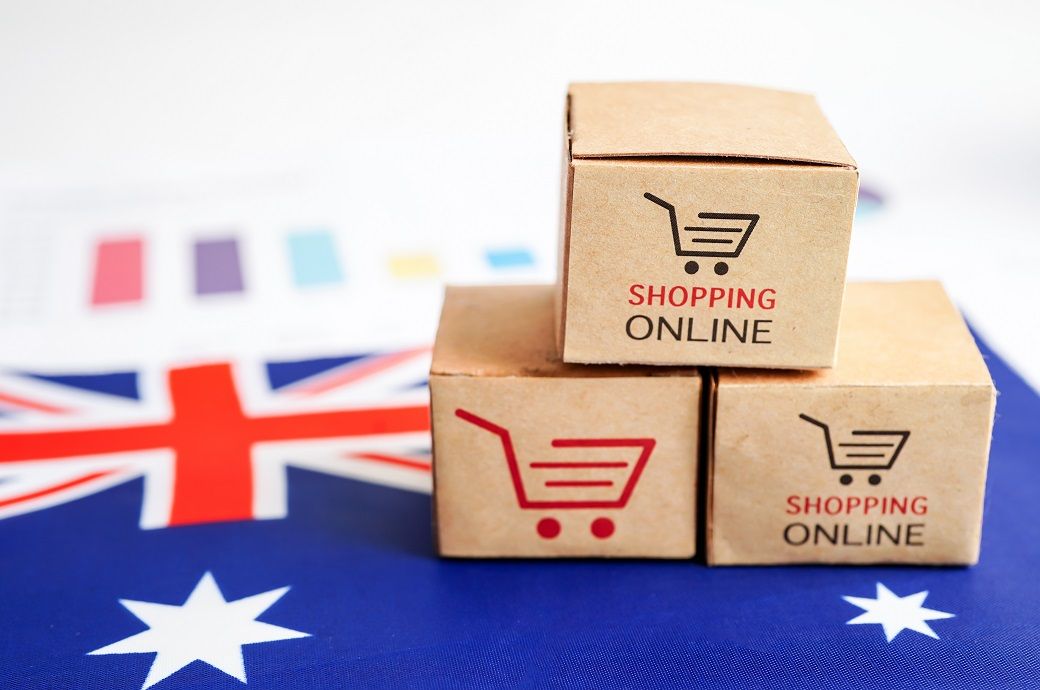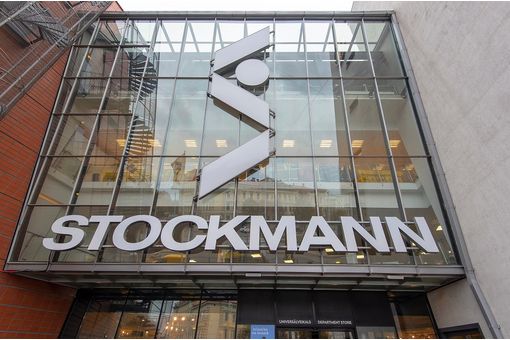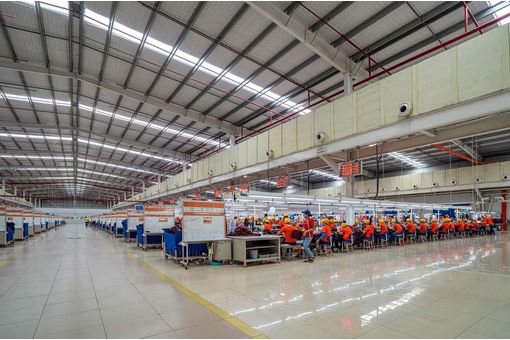Physical touchpoints crucial in Australia's online sales: Report

Insights
- In Australia, 48 per cent of 2023's online non-food sales involved physical interactions, highlighting a trend where social media surpasses websites for product discovery among younger consumers.
- AI's role in shopping is growing, with delivery costs key for consumers.
- Retailers must adapt to these changing dynamics to enhance customer experiences.
A notable shift in consumer behaviour is the preference for social media platforms over traditional retailer websites for product discovery, particularly among Gen Z and Millennials. The research shows that nearly 40 per cent of digital natives (those under 45) turn to platforms like TikTok and Instagram for inspiration and product research, surpassing the 35 per cent who rely on retail websites.
Artificial intelligence (AI) is poised to transform the shopping experience, with 31 per cent of Australian consumers surveyed acknowledging AI's potential to streamline order and delivery updates. Additionally, 28 per cent believe AI can make product research more straightforward, indicating a growing acceptance of AI's role in enhancing customer convenience. However, retailers must focus on clear communication and responsible AI implementation to build trust and ensure its effective use, according to the Ecommerce Delivery Benchmark Report 2024.
The report also sheds light on consumer cost sensitivity, especially regarding delivery charges. A significant 48 per cent of Australian shoppers cited delivery cost as their top concern when shopping online. High shipping costs deter 71 per cent of consumers from shopping with a brand, while 44 per cent are unwilling to pay for premium delivery services.
Returns have emerged as a crucial aspect of the customer experience, with a preference for in-store and PUDO (pick-up/drop-off) locations for returns. The study finds a generational divide in return habits, with Gen Z returning 19 per cent of their apparel purchases on average. While 65 per cent of Australian consumers believe returns should be free, there's an openness among half of the Gen Z demographic to pay for quick and hassle-free returns. Retailers can leverage this by offering diverse, in-person return options and transparent policies to enhance customer loyalty.
"The $15 billion figure paints a compelling picture of consumer behaviour, presenting a significant opportunity for brands to evolve their approach. Gone are the days of rigid classifications like 'online' or 'offline' shopping. Today's informed consumer seamlessly navigates physical touchpoints like brick-and-mortar stores, social media discovery channels, and even embraces innovative solutions like AI-powered assistants to streamline tedious tasks like delivery and product research. This omnichannel journey is not merely a matter of convenience, but rather an opportunity to forge personalised connections that build enduring brand loyalty," said David Boyer, VP, head of ANZ at Auctane, ShipStation’s parent company.
Fibre2Fashion News Desk (DP)
































-Ltd..jpg?tr=w-120,h-60,c-at_max,cm-pad_resize,bg-ffffff)





.jpg?tr=w-120,h-60,c-at_max,cm-pad_resize,bg-ffffff)
.jpg?tr=w-120,h-60,c-at_max,cm-pad_resize,bg-ffffff)






